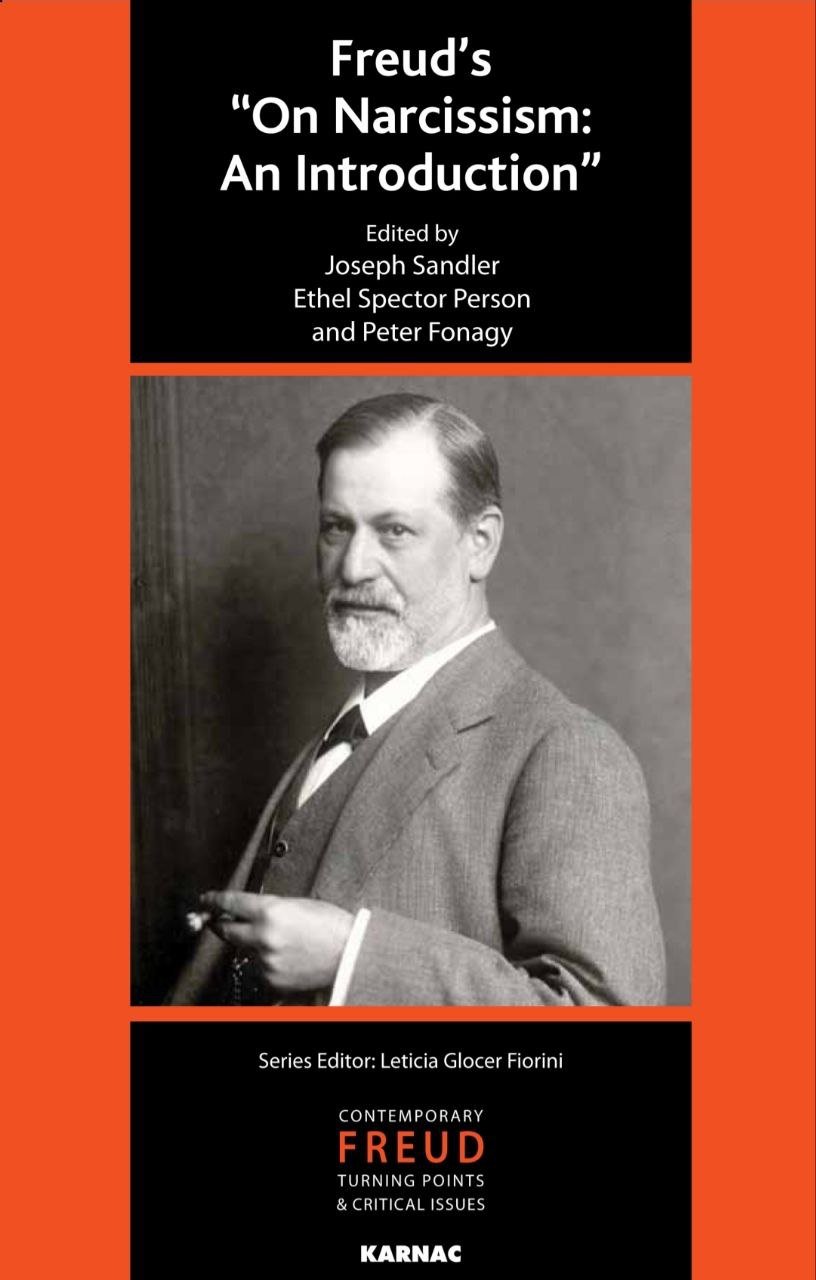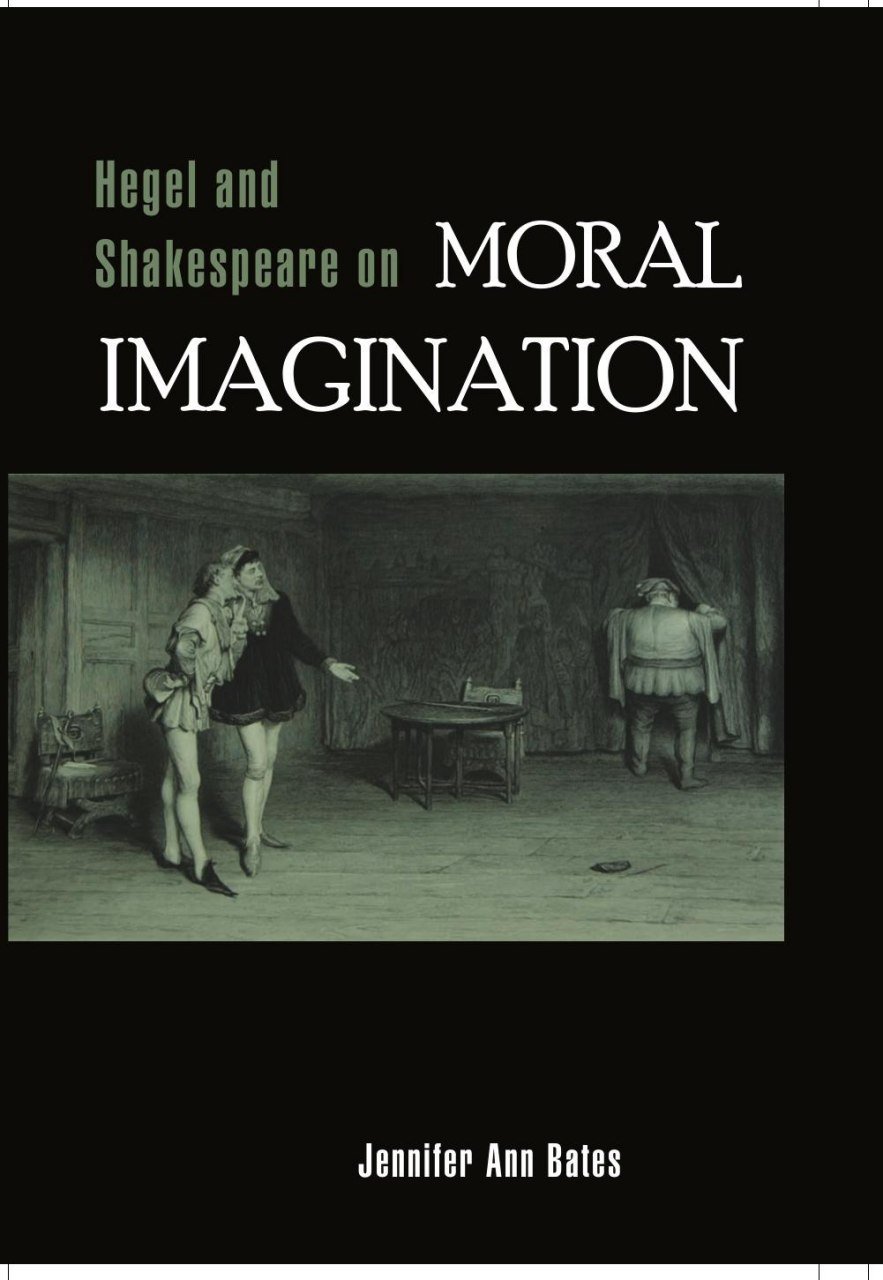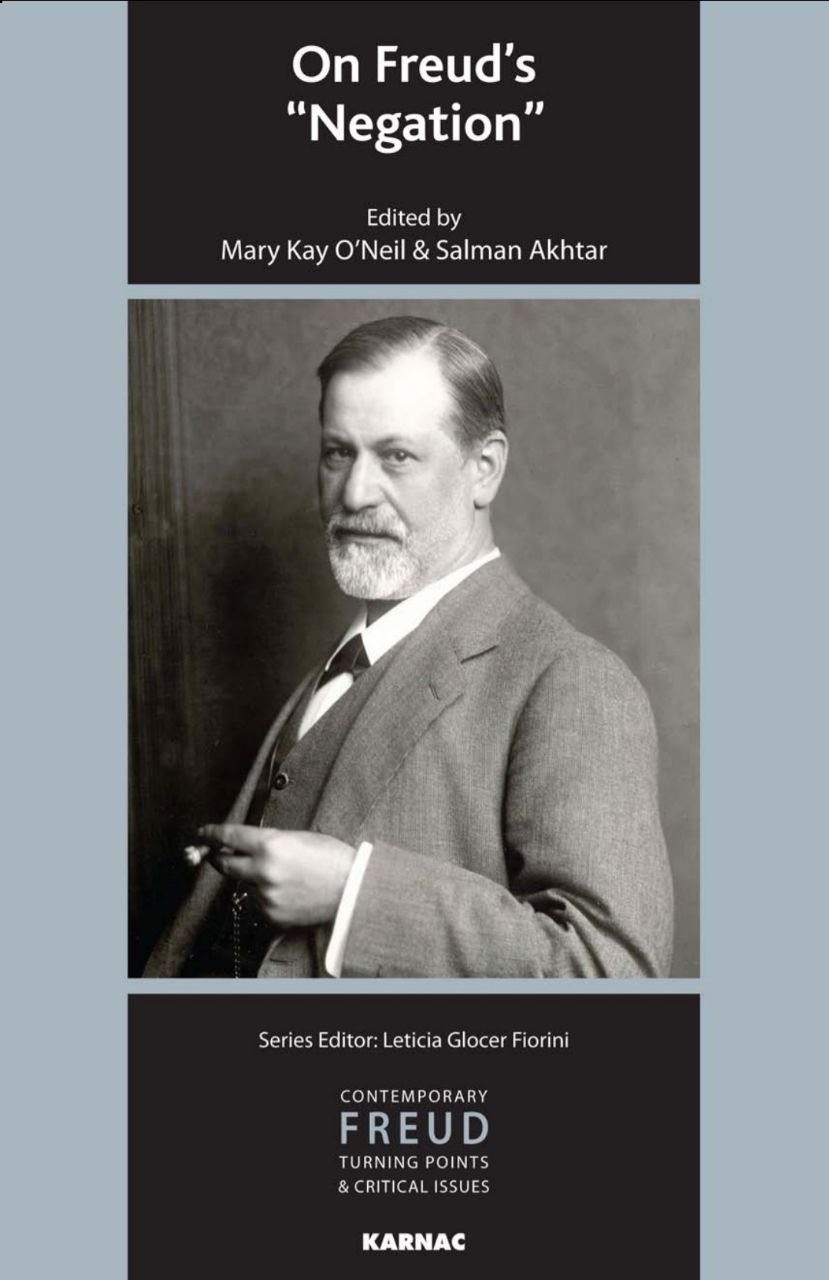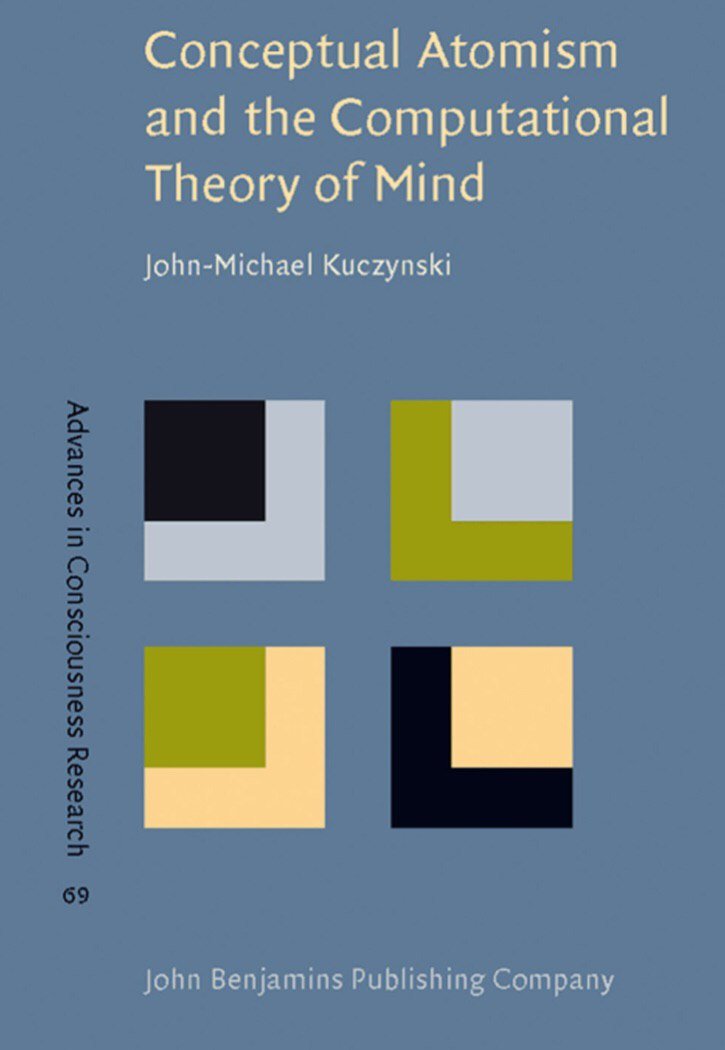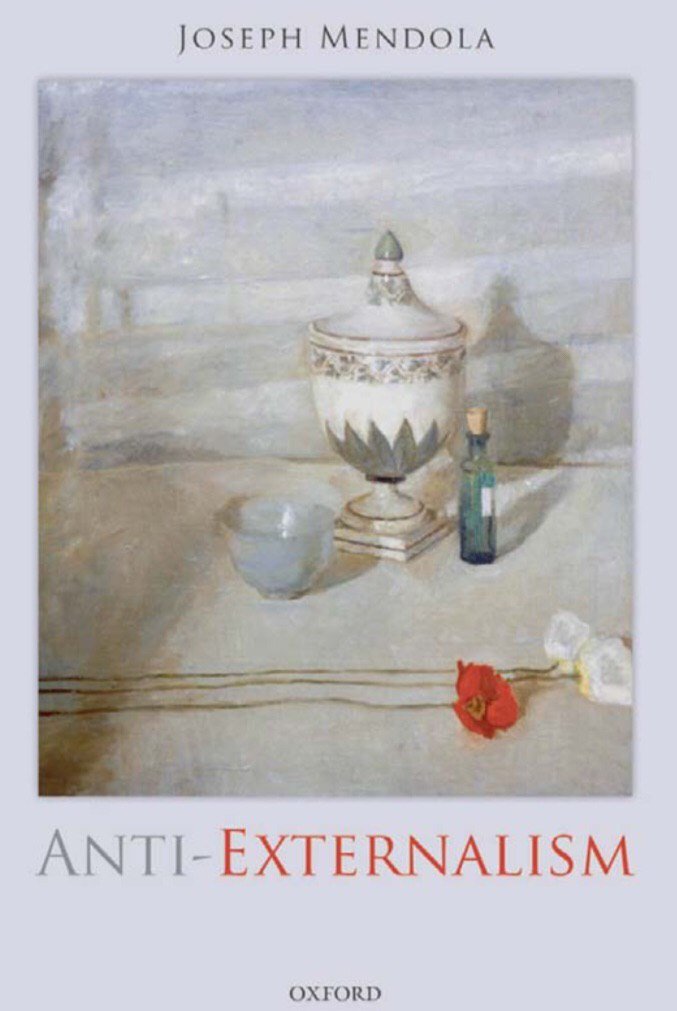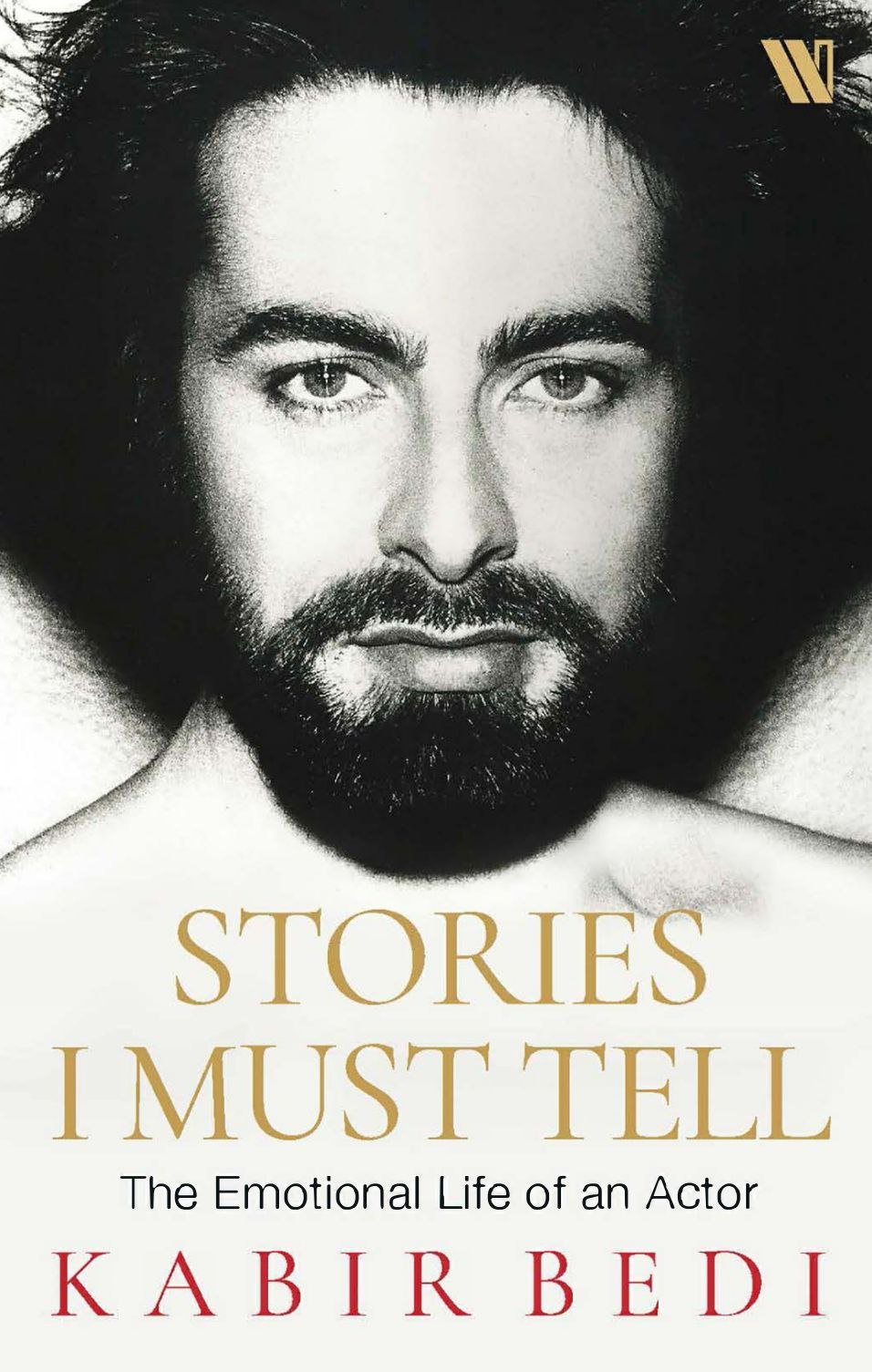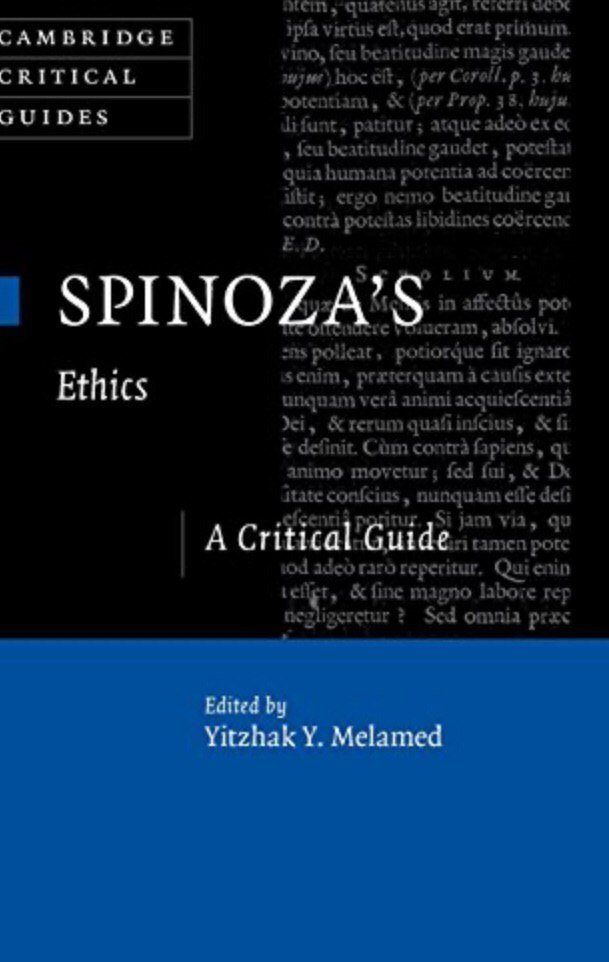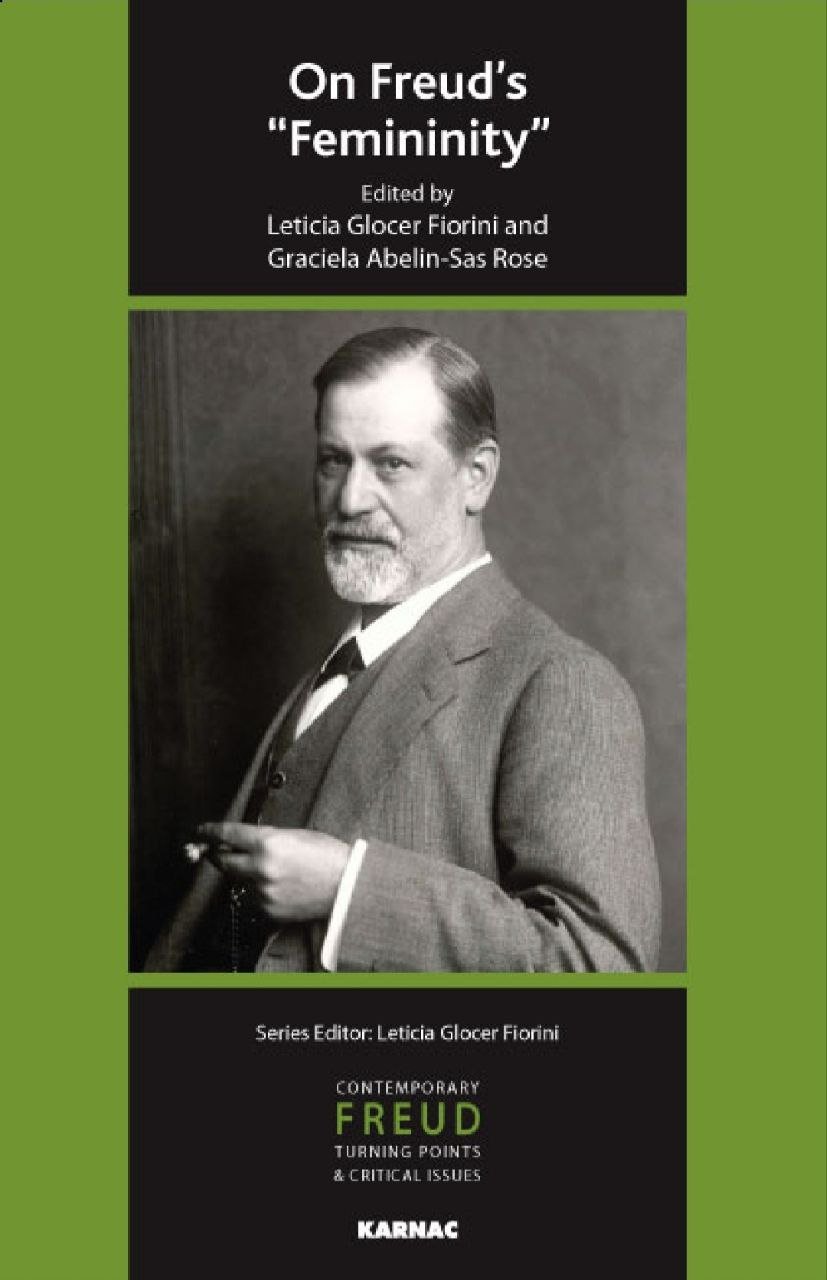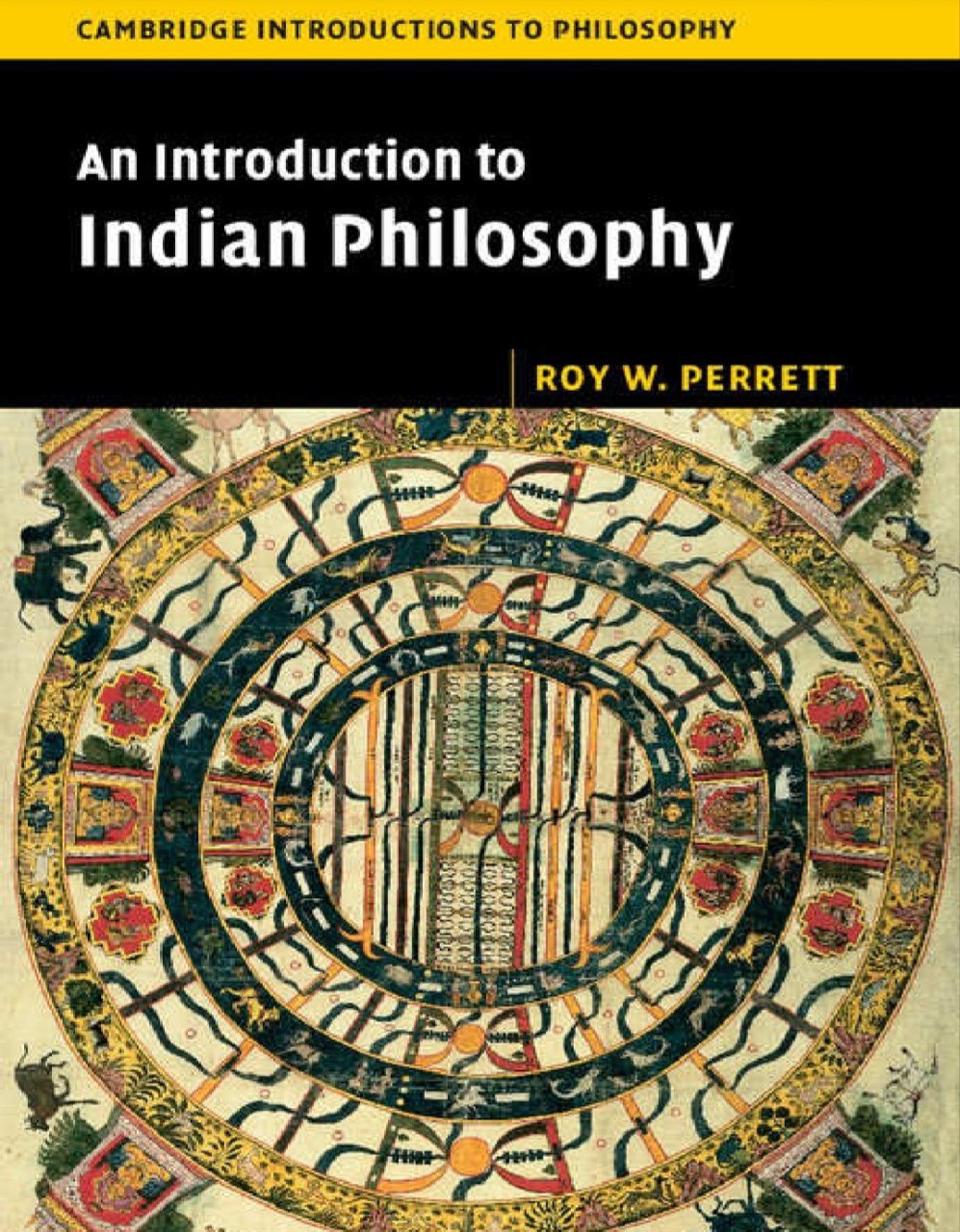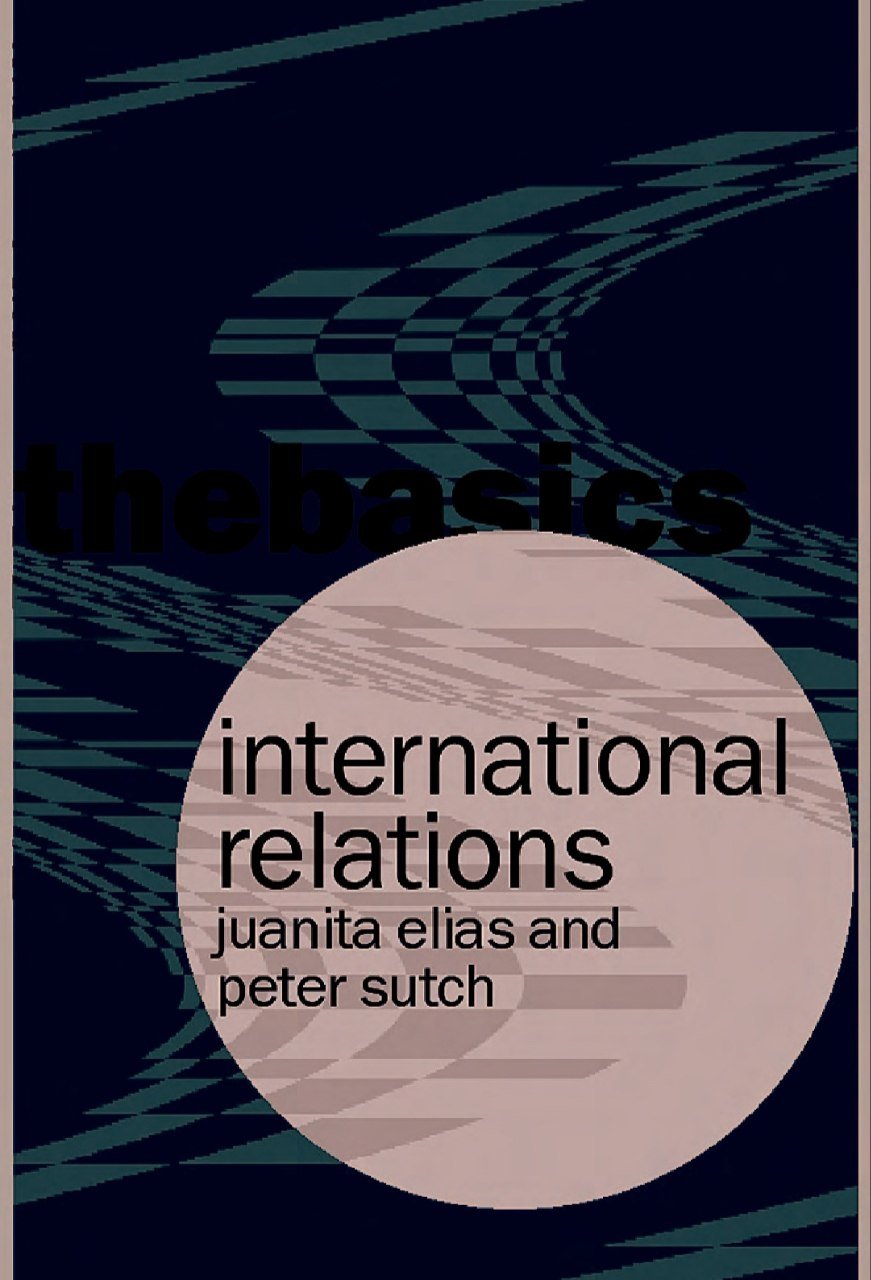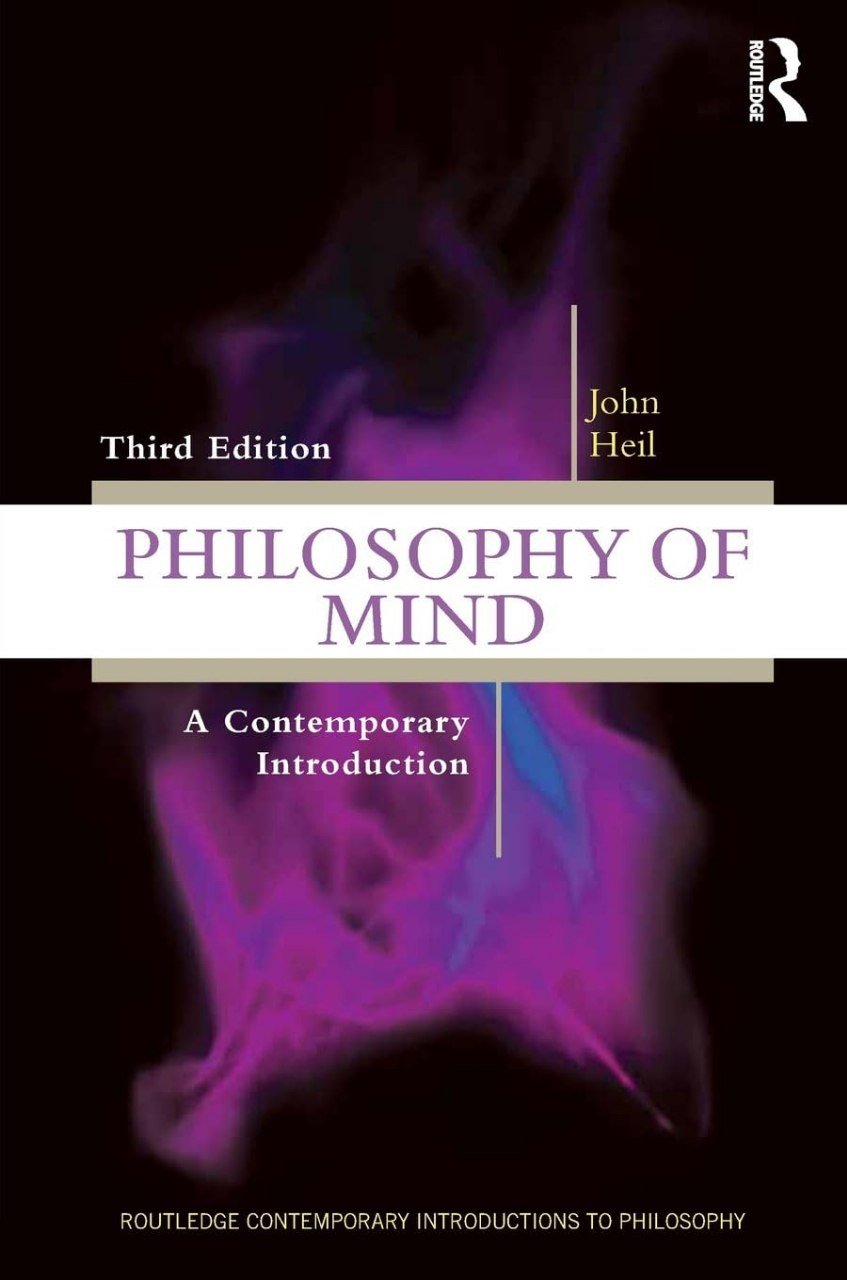
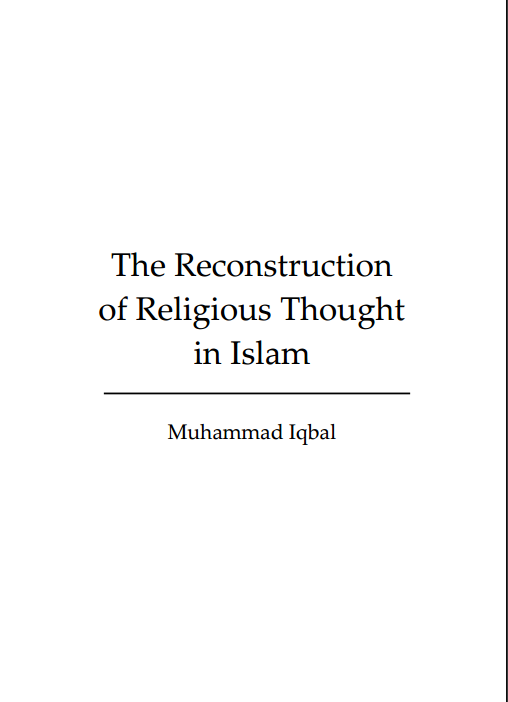
Reconstruction of Religious Thought in Islam by Muhammad Iqbal
Reviews
No review yet. Be the first to review this book!
Description
Reconstruction of Religious Thought in Islam by Muhammad Iqbal is a collection of Iqbal's philosophical and theological essays that aim to address the intellectual and spiritual challenges faced by the Muslim world in the modern era. Written during the early 20th century, these essays delve into the reformation of Islamic thought in response to the rapid changes and challenges brought on by Western colonialism, modernity, and secularism. The work outlines Iqbal’s vision for a revitalized Islam that maintains its core spiritual essence while adapting to the demands of contemporary life. Themes and Central Ideas in Reconstruction of Religious Thought in Islam: The Concept of God and the Unity of Being (Tawhid): Iqbal's understanding of Tawhid (the oneness of God) is deeply rooted in his philosophy of pantheism and dynamic metaphysics. He presents God not as a static, remote entity but as a living force whose creative energy is manifest in the ongoing process of creation. God’s unity is not just theological but metaphysical, meaning that the whole universe reflects divine unity through its interconnectedness and creative potential. The Role of Human Beings in the Universe: Iqbal believes that human beings are central to the divine plan. He asserts that individuals should not be passive recipients of divine will but active agents of creativity and transformation in the world. Iqbal introduces the idea of the Self (Khudi) as a powerful force that must be nurtured and developed. The Khudi is the individual's spiritual essence and autonomy, which must be realized through self-development, struggle, and creative effort. The Reconstruction of Religious Thought: Iqbal calls for a fundamental reconstruction of religious thought within Islam. He criticizes the stagnation of Muslim thought that occurred after the Golden Age of Islam. According to Iqbal, Muslim scholars became too focused on dogma, tradition, and external forms of religion, which led to a decline in intellectual vibrancy. He urges a return to a dynamic, personal engagement with religious truth, based on the inner experience of God and the active application of religious principles in daily life. Philosophy of Action and Creativity: One of the core aspects of Iqbal's philosophy is the idea of creative action. He draws on Islamic teachings to argue that human beings have a divinely-inspired potential to create and transform their environments. In contrast to the passive, fatalistic attitude often found in traditional interpretations of religion, Iqbal emphasizes that Muslims must take active roles in shaping their destinies and improving the world through intellectual, social, and political efforts. The Relationship Between Islam and Modernity: Iqbal stresses that Islam, as a living tradition, must engage with modern challenges without losing its core spiritual essence. He advocates for a reinterpretation of Islamic teachings in the light of modern science, philosophy, and political realities. He urges Muslims to embrace reason, science, and modernity but within the framework of Islamic values. Iqbal proposes that Islam offers a worldview that is compatible with progress and can contribute to the building of a just, ethical society in the modern age. The Concept of the Islamic State: Iqbal envisions a modern Islamic state that is not a theocracy in the conventional sense but rather a political system grounded in Islamic ethical values. He emphasizes that the state should be based on the freedom of the individual, the promotion of justice, and the welfare of society. The Islamic state, for Iqbal, is not one based on blind submission to authority, but one where individuals contribute to societal well-being through the active practice of selfhood (Khudi) and creative cooperation. Reviving the Spirit of Islamic Philosophy: Iqbal also calls for the revival of the philosophical traditions of Islam, especially those associated with Sufism and the works of great thinkers like Ibn Sina (Avicenna) and Al-Ghazali. However, he contends that these traditions must be reinterpreted in light of modern issues. His focus is on reinvigorating Islamic thought by merging mysticism with rationality, allowing for a more holistic, practical understanding of faith that embraces spiritual growth as well as intellectual progress. Influence and Legacy: Iqbal's Reconstruction of Religious Thought in Islam had a profound impact on Islamic thought in the 20th century, particularly in South Asia. His ideas inspired political and religious leaders and scholars who sought to revive Islamic spirituality and integrate it with the modern world. The book provided a philosophical framework for the political and spiritual movements that emerged during the post-colonial period. Iqbal's vision of a dynamic, intellectual Islam has influenced a broad range of contemporary thinkers, both Muslim and non-Muslim. His emphasis on individual self-realization, creativity, and moral action continues to resonate in discussions about the future of Islam and its relationship with the modern world. Conclusion: Muhammad Iqbal’s Reconstruction of Religious Thought in Islam represents a visionary and intellectual attempt to reorient Islamic thought in the modern era. By emphasizing the importance of selfhood, creativity, and dynamic engagement with the modern world, Iqbal offered a powerful framework for Muslims to revive their faith and practice in ways that are both spiritually rich and socially relevant. His work remains a critical text for those looking to understand the challenges of reconciling Islamic tradition with the demands of modernity and social progress.

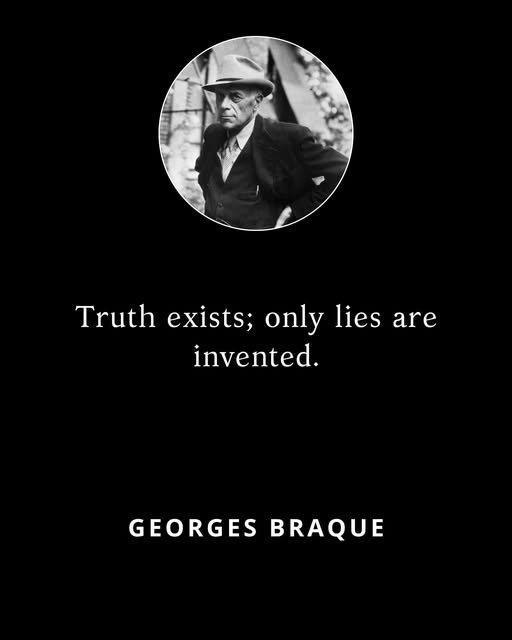
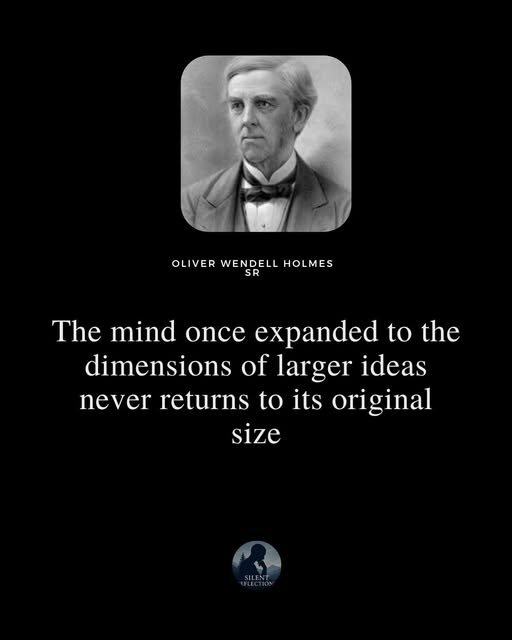




















.jpeg)
.png)







.jpg)









.jpg)


.jpeg)


















.jpg)




.jpg)

.jpeg)

.jpeg)


.jpeg)



.jpg)

.jpg)



.jpg)




.jpg)

